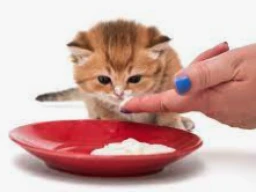
Weaning Cats off Milk, Substitutes, Timing, and Considerations
Successfully weaning kittens off milk involves gradual introduction of suitable substitutes such as kitten formula and wet kitten food, starting around 4-6 weeks of age.
Read more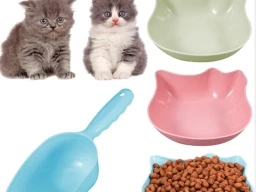
Bowl feeding kittens
Keep in mind the age and health of your kittens, as different feeding strategies may be appropriate for growing kittens versus adults.
Read more
What are the best treats for cats?
Cats, like humans, appreciate variety. Offer a mix of treats to keep things interesting for your cat.
Read more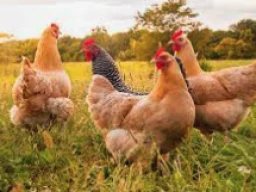
Raising Chickens for Homeowners in South Africa
This guide will cover essential aspects of chicken care, including setting up a coop, feeding requirements, egg production, managing their access to your garden, protecting them from predators, and ensuring their healthcare needs are met.
Read more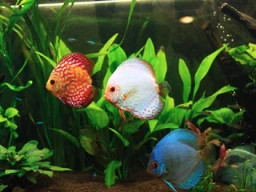
Pet Fish
While fish are fairly low maintenance, you do need to ensure that you take the time to keep the tank and water in good condition
Read more
Unlocking the Mysteries of Animal Communication and Healing
One of the most remarkable aspects of animal communication is its ability to transcend language barriers.
Read more
How to set up a Tropical Fish Tank
Remember, it's important to research the specific care requirements of any fish species you plan to keep and ensure that they are compatible with each other.
Read more
Dental care treats for your dog
Remember, these treats are not meant to replace regular brushing and professional dental cleanings, which are essential for your dog's oral health.
Read more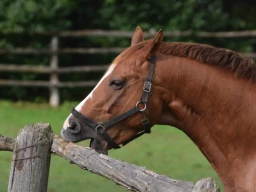
Horse Behaviourists
Overall, becoming a horse behaviourists requires a deep understanding of equine behaviour and welfare, as well as specialised training in behaviour modification techniques.
Read more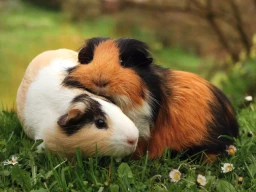
What age is appropriate to own a Guinea Pig
Guinea pigs can make excellent pets for people of all ages, but they are particularly well-suited for families with children.
Read more
REPTILE CAGES
The materials that you use for the flooring of your cage should be disposable and inexpensive.
Read more
Pet Stores
When purchasing a pet it is important to make sure that the pet store you choose to use is one you feel confident and comfortable with.
Read more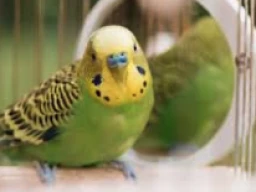
INDOOR BIRDS
Purchasing the correct indoor bird cages & aviaries along with the appropriate toys and food will help to ensure that your pet bird becomes a family member
Read more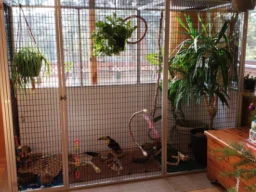
What to feed my indoor birds.
Feeding and caring for indoor birds requires attention to their specific dietary needs, as well as providing a clean and safe environment.
Read more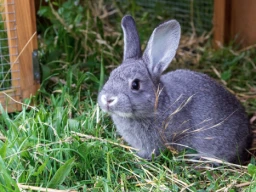
What is the Best Hutch for my Rabbit
An indoor rabbit still needs a hutch to feel safe and secure but, if this is not an option then make sure you create an area for beds & hideaways.
Read more
Puppy Training and Socialization
Remember puppy treats and dog treats should always be carried with you to reward your puppy when he behaves correctly.
Read more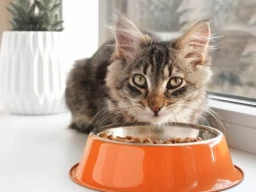
Veterinarian prescribed cat food, why?
Veterinarian-prescribed cat food, often referred to as prescription or therapeutic diets, serves specific nutritional purposes and is recommended for cats with various health conditions.
Read more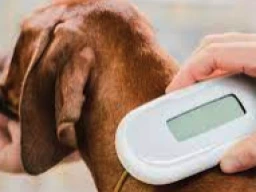
Microchipping your dog
Microchipping is a safe and effective way to ensure that your dog can be identified and returned to you if it ever becomes lost or separated from you
Read more
Furballs/Hairballs the cause and how to cope
If you have concerns about your cat's health or if hairballs persist despite your efforts, it's essential to consult with your veterinarian for a thorough examination and personalized advice based on your cat's specific needs.
Read more
The Sport of Dog Agility
Most breeds of dogs take to agility as long as positive reinforcement based training is used
Read more